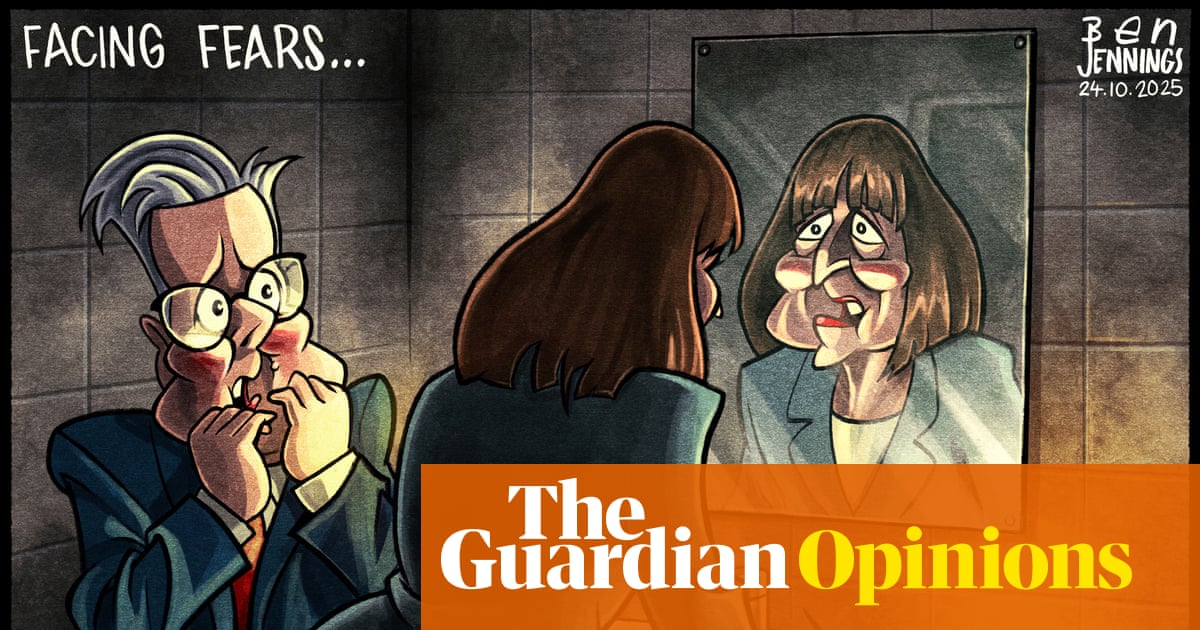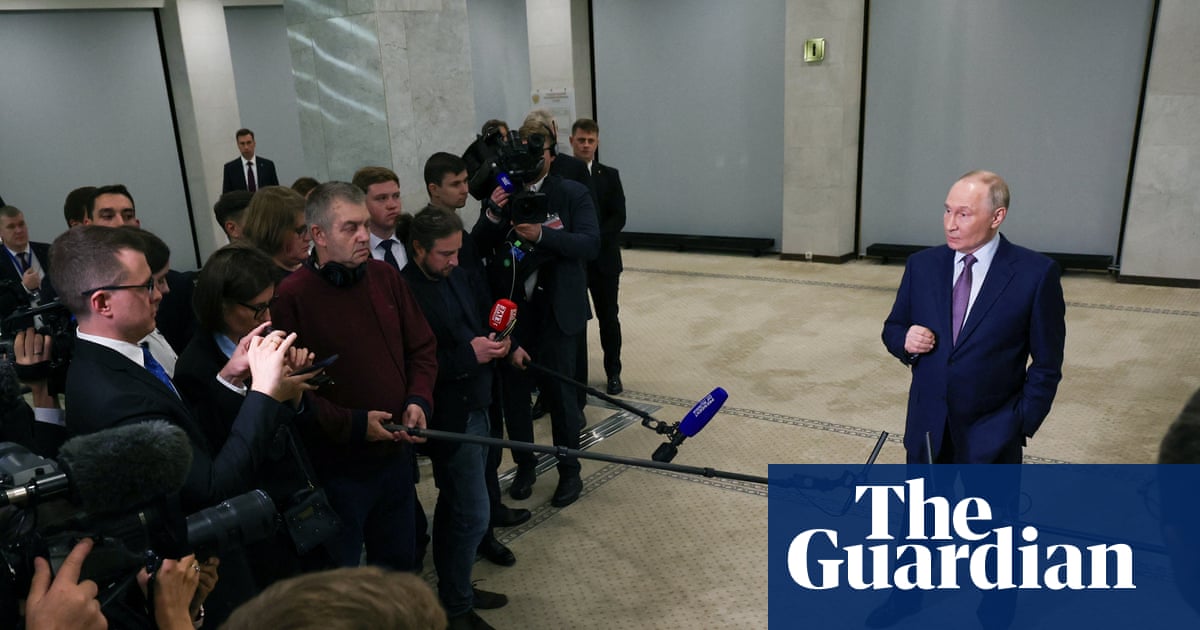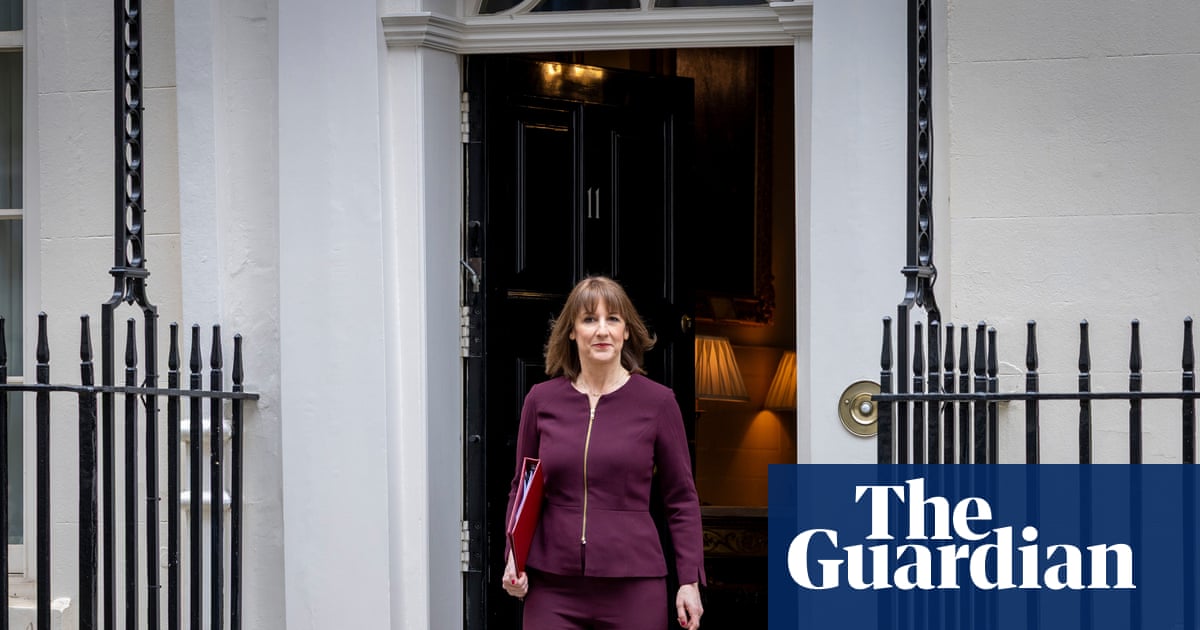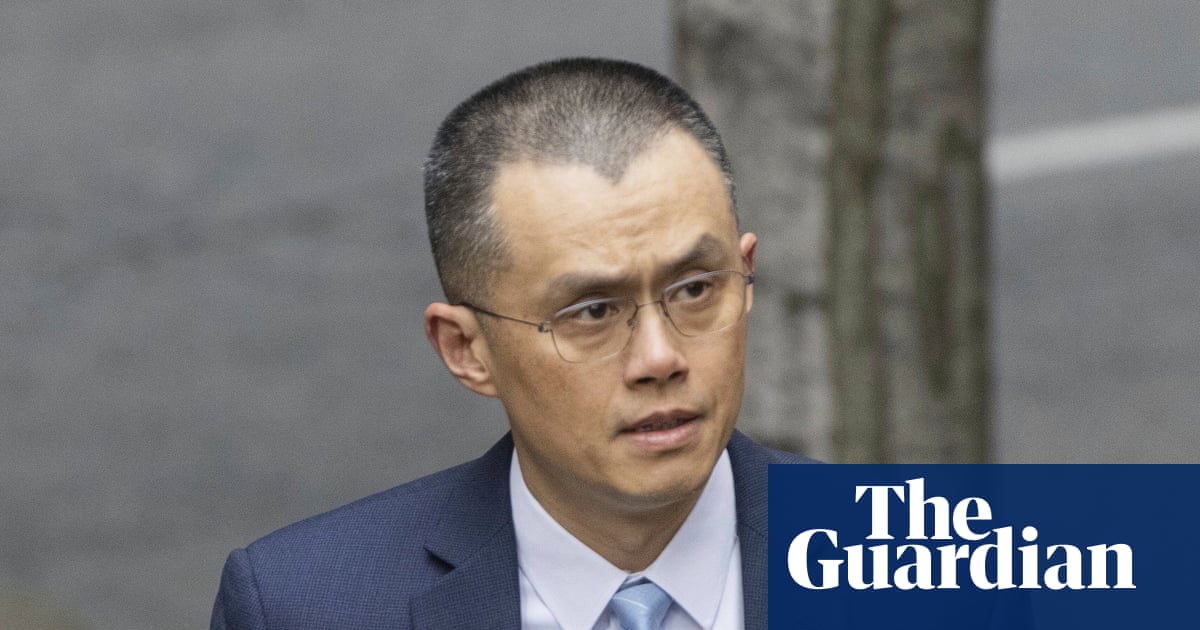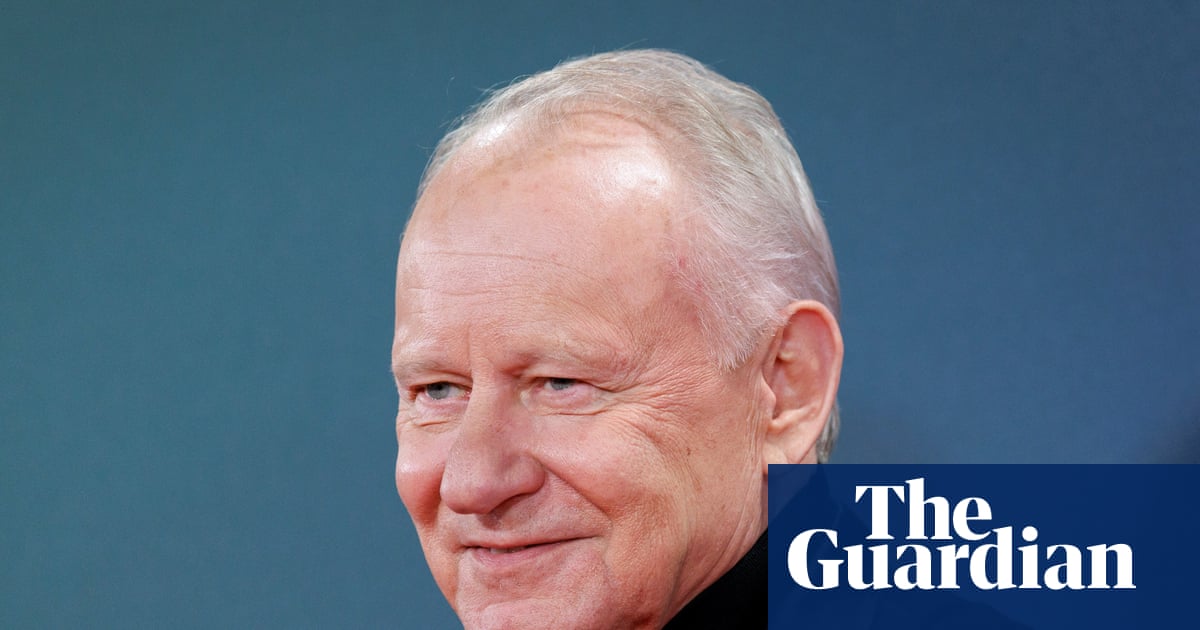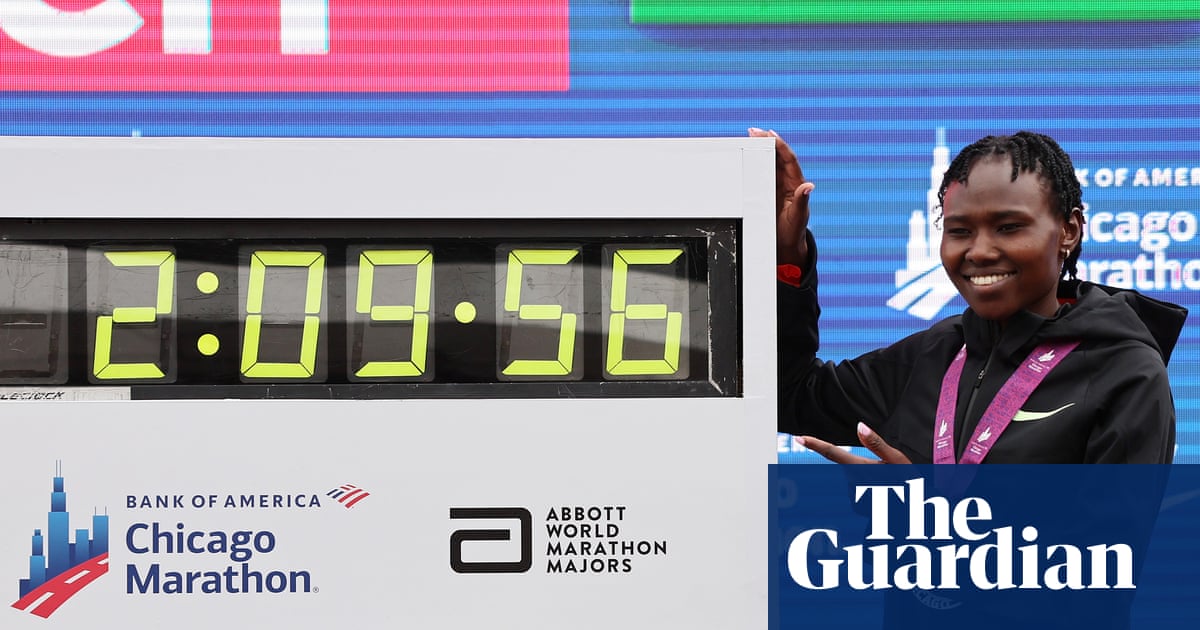The only British army veteran ever charged in relation to Bloody Sunday has been found not guilty of murder and attempted murder.
Belfast crown court on Thursday acquitted Soldier F of all charges in relation to the day the Parachute regiment shot dead 13 civil rights protesters in Derry in 1972, a seminal event in Northern Ireland’s Troubles.
Mr Justice Lynch said prosecutors had failed to prove guilt and that the passage of time – almost 54 years – had made the legal process difficult.
“To convict it has to be upon evidence that is convincing and manifestly reliable. The evidence presented by the crown falls well short of this standard and signally fails to reach the high standard of proof required in a criminal case; that of proof beyond a reasonable doubt. Therefore, I find the accused not guilty on all seven counts on the present bill of indictment.”
The verdict prompted polarised reactions outside the court, where families of the dead men said justice had been denied but supporters of the former paratrooper hailed the end of what they called a witch-hunt.
It was a dramatic climax to a five-week trial closely watched by nationalists, army veteran groups and the British and Irish governments. The judge presided without a jury, which is permitted in exceptional cases.
Soldier F, a former lance corporal, had pleaded not guilty to the murders of James Wray, 26, and William McKinney, 22, and the attempted murder of five others. Granted anonymity by a court order, he was concealed in the dock by a curtain.
A formal inquiry soon after the killings cleared the troops of wrongdoing but a 2010 inquiry found they shot people who posed no threat and then lied in a cover-up that lasted decades, a finding that prompted an apology from the then prime minister, David Cameron.
Delivering his verdict, the judge said paratroopers had “lost all sense of military discipline” and shot unarmed civilians fleeing from them. “Those responsible should hang their heads in shame,” he said.
But the trial hinged not on “collective guilt” but individual guilt, and the main evidence against Soldier F came from two fellow paratroopers, Soldiers G and H, whose decades-old testimony was unreliable, he said.
“Their statements, the sole and decisive evidence, cannot be tested in a way that witnesses giving evidence from the witness box would be. Delay has, in my view, seriously hampered the capacity of the defence to test the veracity and accuracy of the hearsay statements.” The judge found that Soldiers G and H had been “serially untruthful”.
Speaking outside court, Mickey McKinney, brother of William McKinney, said the families did not blame the trial judge for the ruling but a British state complicit in murder and cover-up.
Families were proud of their long campaign for truth and justice, he said. “Soldier F has been discharged from the defendant’s criminal dock, but it is one million miles away from being an honourable discharge.”
Michelle O’Neill, Northern Ireland’s first minister and vice-president of Sinn Féin, called the verdict deeply disappointing.
“Fifty three years ago, the British army indiscriminately murdered civilians on the streets of Derry. Over 15 years ago, the then British prime minister publicly acknowledged the role of British soldiers on Bloody Sunday. Yet not one British soldier or their military and political superiors has ever been held to account. That is an affront to justice.”
There were tense scenes outside court as some supporters of families heckled those backing Soldier F.
Paul Young, a spokesperson for the Northern Ireland Veterans Movement, said the verdict would hearten veterans. “Soldiers across the United Kingdom will be happy with this, and I hope that there is no more soldiers brought to the courts here with evidence that has actually no way of going through.”
The Democratic Unionist party leader, Gavin Robinson, said most troops who served during the Troubles did so with “honour”.
A British government spokesperson said it had noted the judgment and added: “We are committed to finding a way forward that acknowledges the past, whilst supporting those who served their country during an incredibly difficult period in Northern Ireland’s history.”

.png) 5 hours ago
7
5 hours ago
7

